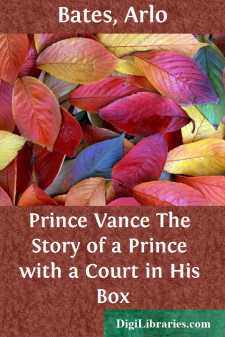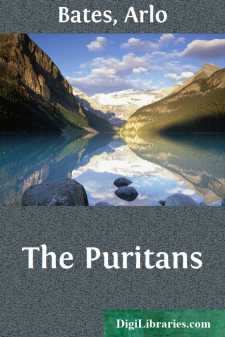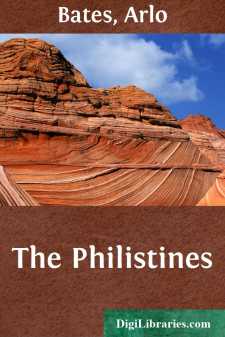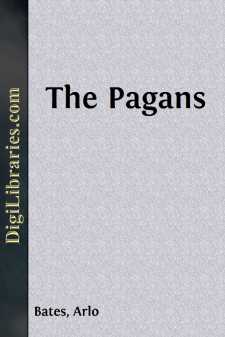Categories
- Antiques & Collectibles 13
- Architecture 36
- Art 48
- Bibles 22
- Biography & Autobiography 813
- Body, Mind & Spirit 142
- Business & Economics 28
- Children's Books 17
- Children's Fiction 14
- Computers 4
- Cooking 94
- Crafts & Hobbies 4
- Drama 346
- Education 46
- Family & Relationships 57
- Fiction 11829
- Games 19
- Gardening 17
- Health & Fitness 34
- History 1377
- House & Home 1
- Humor 147
- Juvenile Fiction 1873
- Juvenile Nonfiction 202
- Language Arts & Disciplines 88
- Law 16
- Literary Collections 686
- Literary Criticism 179
- Mathematics 13
- Medical 41
- Music 40
- Nature 179
- Non-Classifiable 1768
- Performing Arts 7
- Periodicals 1453
- Philosophy 64
- Photography 2
- Poetry 896
- Political Science 203
- Psychology 42
- Reference 154
- Religion 513
- Science 126
- Self-Help 84
- Social Science 81
- Sports & Recreation 34
- Study Aids 3
- Technology & Engineering 59
- Transportation 23
- Travel 463
- True Crime 29
Arlo Bates
Arlo Bates was an American author, editor, and professor, known for his work in the literary world during the late 19th and early 20th centuries. He wrote several novels, including "The Pagans" (1884), "The Philistines" (1889), and "The Puritans" (1899), which were well-regarded for their exploration of society and individual morality. Bates also served as the editor of the Boston-based "Sunday Courier" and contributed to numerous literary publications. In addition to his writing career, he was a professor of English literature at the Massachusetts Institute of Technology (MIT) from 1900 to 1915.
Author's Books:
Sort by:
by:
Arlo Bates
I. It was certainly not strange that Prince Vance was so stupefied with astonishment that he sat for a full half-hour foolishly staring before him, without an effort to move a muscle or to stir from his seat. Indeed, it is probable that any other prince in the same circumstances would have been equally struck dumb with amazement,—as any one may see who will attend while I go back to the beginning,...
more...
by:
Arlo Bates
I AFTER SUCH A PAGAN CUT Henry VIII., i. 3. "We are all the children of the Puritans," Mrs. Herman said smiling."Of course there is an ethical strain in all of us." Her cousin, Philip Ashe, who wore the dress of a novice from the ClergyHouse of St. Mark, regarded her with a serious and doubtful glance. "But...
more...
by:
Arlo Bates
I IN PLACE AND IN ACCOUNT NOTHING. I Henry IV.; v.—I. When Arthur Fenton, the most outspoken of all that band of protesting spirits who had been so well known in artistic Boston as the Pagans, married Edith Caldwell, there had been in his mind a purpose, secret but well...
more...
by:
Arlo Bates
SOME SPEECH OF MARRIAGE. Measure for Measure, v—i. A fine, drizzling rain was striking against the windows of a cosy third floor sitting-room, obscuring what in pleasant weather was a fine distant view of the Charles river. The apartment was evidently that of a woman, as numerous details of arrangement and articles of feminine use suggested; and quite as evidently it was the home of a person of...
more...





